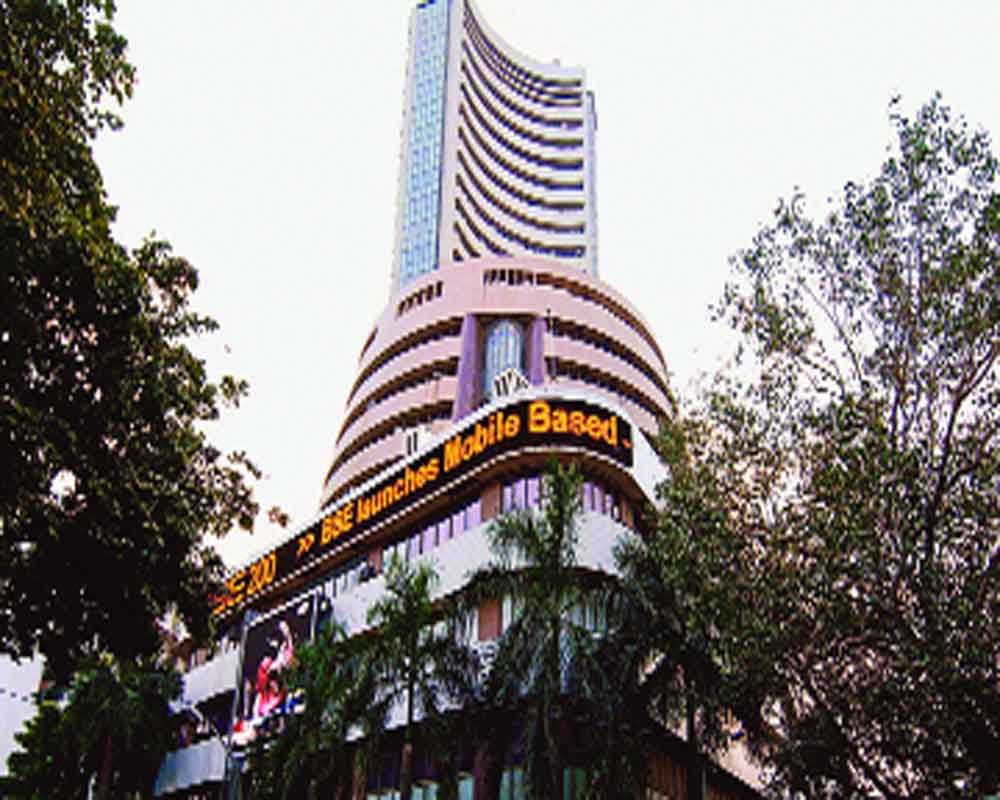Sensex witnesses steepest one-day drop in nearly two years, and the scary story is far from over
It was mayhem at Dalal Street recently as both benchmark indices, the S&P BSE Sensex and the NSE Nifty, plunged sharply. In fact, the day marked one of the steepest drops in almost two years. The bears dominated every sector, except the technology pack, as weak global cues and disappointing performance by banking giant HDFC Bank fuelled a sharp decline in investor sentiment. This wiped out thousands of crores of money, most of it coming from small investors. The reasons for the decline were foreign rather than domestic, but losses were for the real. The global economic scenario plays a vital role in making or breaking market sense and this has been proved once again. European shares extended losses due to more hawkish remarks from European Central Bank (ECB) officials, dampening expectations of interest rate cuts. Additionally, discouraging Chinese growth data and rising US bond yields further fuelled concerns and triggered widespread profit-booking. According to market experts, the correction was triggered by elevated valuations. Optimism regarding earnings and GDP growth for Financial Year 2024 was already factored into the market, leading to profit booking. The correction, in this context, reflects a market reassessment of these optimistic projections.
The banking sector, particularly the high-beta Nifty Bank index, witnessed a nosedive correction. HDFC Bank's disappointing numbers, combined with broader concerns over delays in US Federal Reserve rate cuts, significantly impacted market sentiments. The Nifty Bank index, comprising major players like SBI, HDFC Bank and ICICI Bank, sank 4.28 per cent, contributing significantly to the overall market decline. The Indian market, like any other market, is exposed to the interconnected world economy and even a slight negative sentiment can trigger a downslide. Two wars are already raging and the chances of these wars spilling across borders are quite real. Even the sea routes from where most Indian goods reach Europe are at risk and incidents of attacks on ships have been reported. This does not augur well for world economy in general and Indian businesses in particular. It could delay order deliveries and hit the profit margins and was likely to result in a choppy share market. In this scenario, small investors are at maximum risk as they do not have enough funds to hedge their investments. They need to diversify their investment portfolio across different sectors and asset classes can help mitigate sector-specific downturns. Besides, keeping abreast of global economic developments is crucial. Regularly monitoring international events, central bank policies and economic indicators can help investors make informed decisions. For its part, the Government must ensure that investor interests are safeguarded and SEBI must keep a close watch on the price movement and act before things get out of hand. Understanding the reasons behind market fluctuations and adopting prudent investment strategies can help investors navigate through challenging times.


























